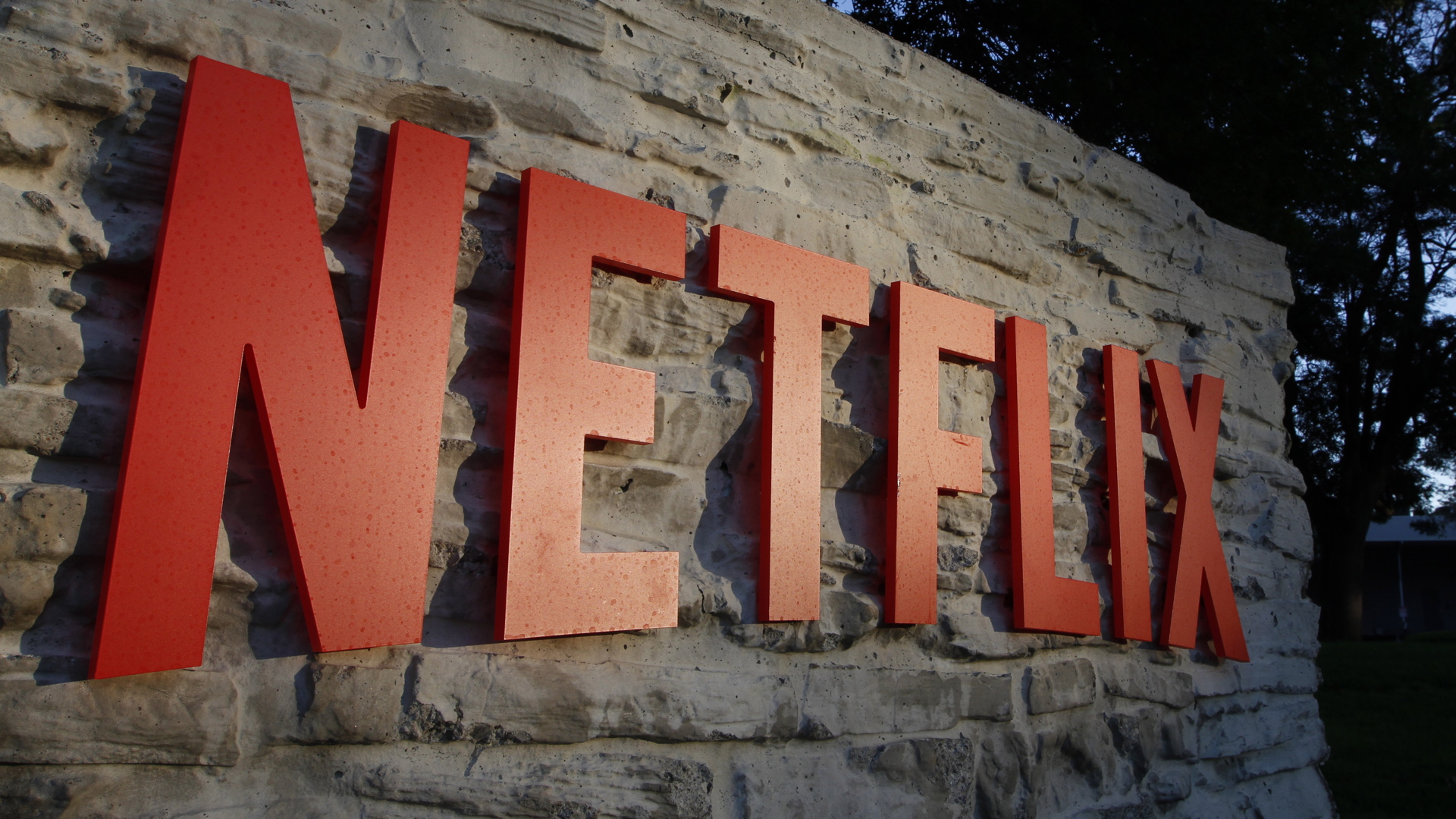Mad at Netflix price hike? Here's why it could be good

In its third quarter earnings report, Netflix explained again why it increased the price of its most popular high-definition 2-screen plan by $1, and it could be because you asked for it.
According to a letter to shareholders, the price hike will "improve our ability to acquire and offer high quality content, which is the number one member request."
And it is continuously adding more content, including original exclusives, with its first feature length film Beasts of No Nation set to be released this Friday, while Adam Sandler's film, The Ridiculous Six, will be launching on Netflix this December.
And though the company ended its deal to carry movies from EPIX, which includes blockbusters The Hunger Games: Catching Fire, World War Z, and Transformers: Age of Extinction, it's deal with Disney comes into effect in 2016, and will bring movies from Lucas Arts, Pixar and Marvel to Netflix - which is no small thing.
Then there's also the Brad Pitt-led flick called War Machine and a Crouching Tiger, Hidden Dragon sequel to be released next year, while it's also added news series' How to Get Away with Murder, Colony, Zoo and Jane the Virgin.
Money, money, money
And because of all this "high quality content," Netflix reported a lower free cash flow total than the second quarter, saying it was due to the "intensity of our investment in originals."
"Investing in originals remains the right strategy for Netflix," the company said, which basically means we'll continue to see more originals on Netflix.
Sign up for breaking news, reviews, opinion, top tech deals, and more.
"Exclusive first-window 'only on Netflix' content differentiates our service, allows us to leverage our global platform, reduces our dependence on third parties, and adds positive brand halo."
Despite this investment, however, Netflix did report lower than expected subscription growth in the US this quarter.
Still, it's got nearly 70 million subscribers around the globe, and it'll continue to see more subscribers as it expands into Spain, Italy and Portugal next week, and then South Korea, Hong Kong, Taiwan and Singapore in early 2016.